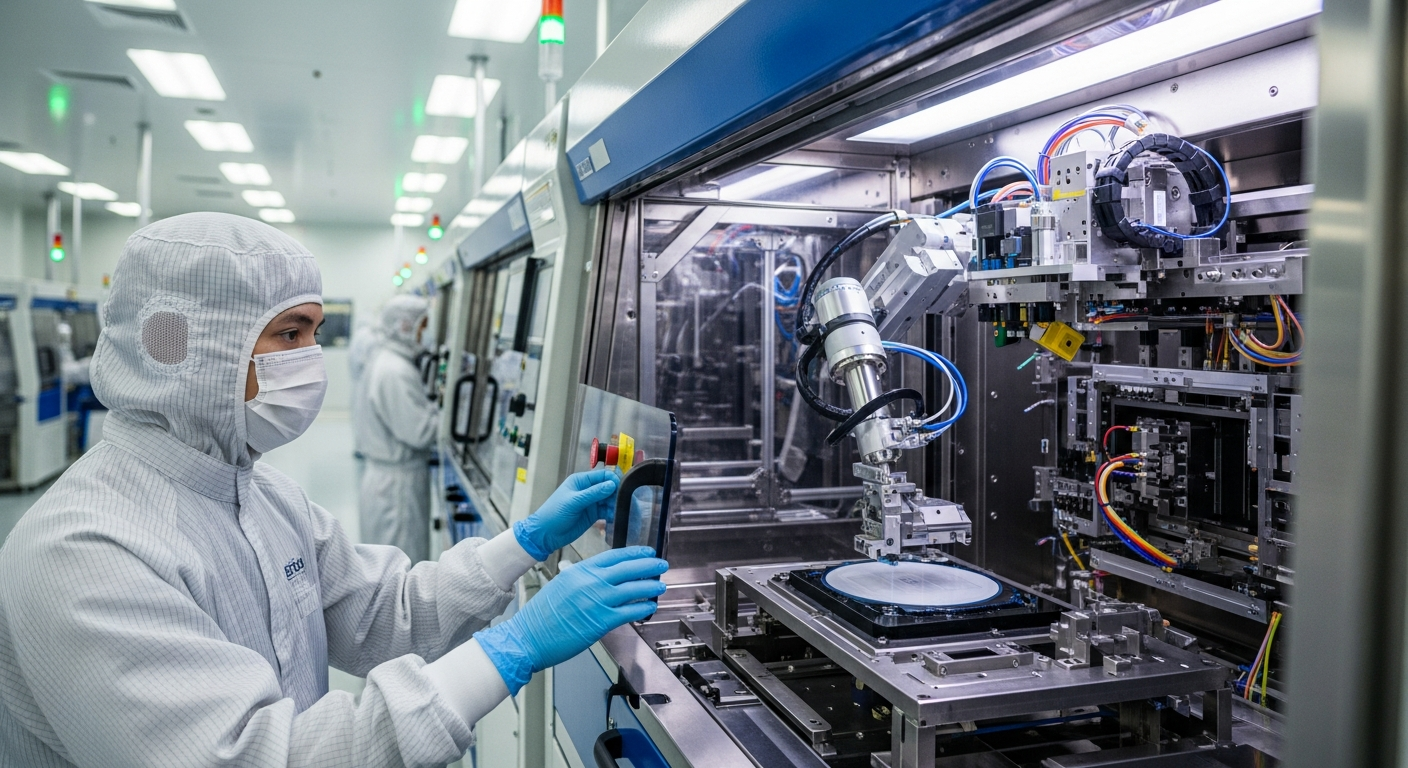Leveraging Microlearning for Rapid Skill Acquisition
In today's fast-paced job market, the ability to quickly acquire new skills is becoming increasingly crucial. Microlearning, a revolutionary approach to education, is emerging as a powerful tool for professionals seeking to stay competitive and adaptable. This innovative learning strategy breaks down complex topics into bite-sized, easily digestible lessons, allowing learners to absorb information more efficiently and apply it immediately in their work environments.

Understanding the Microlearning Advantage
At its core, microlearning capitalizes on the brain’s ability to process and retain small chunks of information more effectively than large volumes of data. By presenting content in brief, focused segments, typically lasting 3-5 minutes, microlearning reduces cognitive load and enhances retention. This approach is particularly effective for developing practical skills that can be immediately applied in the workplace.
Implementing Microlearning Strategies in Your Career
To harness the power of microlearning, professionals can start by identifying specific skills or knowledge areas they wish to develop. Many online platforms now offer microlearning courses across various disciplines, from technical skills to soft skills. Creating a personalized learning plan that incorporates daily or weekly microlearning sessions can lead to significant skill development over time.
The Role of Technology in Enhancing Microlearning
Advancements in mobile technology and learning management systems have made microlearning more accessible than ever. Mobile apps, interactive videos, and gamified learning experiences are just a few examples of how technology is revolutionizing the delivery of microlearning content. These tools allow learners to engage with material on-the-go, maximizing productivity during commutes or brief breaks throughout the day.
Measuring the Impact of Microlearning on Career Progression
While the benefits of microlearning are becoming increasingly apparent, quantifying its impact on career progression requires a strategic approach. Professionals can track their skill development through regular self-assessments, feedback from colleagues, and performance improvements in specific tasks. Many organizations are also beginning to recognize and reward employees who demonstrate a commitment to continuous learning through microlearning initiatives.
Challenges and Considerations in Microlearning Adoption
Despite its many advantages, microlearning is not without challenges. Ensuring the quality and relevance of content, maintaining learner engagement over time, and integrating microlearning with broader professional development goals are all important considerations. Additionally, some complex topics may not be suitable for the microlearning format, requiring a balanced approach that combines various learning methodologies.
The Future of Microlearning in Career Development
As the job market continues to evolve at a rapid pace, the importance of agile learning strategies like microlearning is likely to grow. Experts predict an increase in personalized microlearning paths, driven by artificial intelligence and data analytics. This will enable professionals to tailor their learning experiences even more precisely to their career goals and learning preferences, further enhancing the efficiency and effectiveness of skill acquisition.
Conclusion
Microlearning represents a paradigm shift in how professionals approach skill development and career advancement. By embracing this innovative learning strategy, individuals can stay ahead of the curve in an increasingly competitive job market. As technology continues to evolve and workplace demands shift, the ability to quickly acquire and apply new skills will become an invaluable asset for career success. Integrating microlearning into your professional development plan could be the key to unlocking new opportunities and achieving your career aspirations in the dynamic landscape of the modern workforce.






